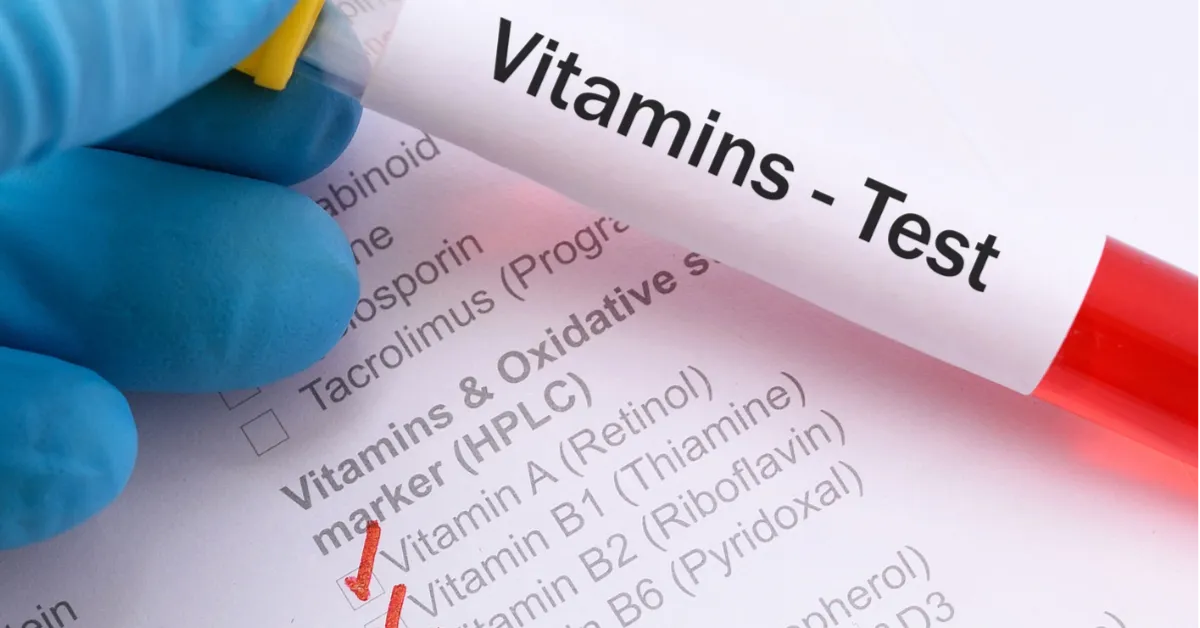CLSI M65 Vitamin E Profiling in Oils and Margarine
The CLSI M65 method is a standardized protocol used to profile the different forms of vitamin E present in oils, margarines, and other lipid-rich food products. This test is crucial for ensuring product quality, compliance with dietary regulations, and meeting consumer expectations regarding nutrient content.
Vitamin E plays a vital role as an antioxidant, protecting cell membranes from oxidative damage by neutralizing free radicals. It also supports immune function and helps maintain healthy skin and eyes. Due to its importance in human nutrition, it is essential that food manufacturers and suppliers accurately determine the presence and levels of vitamin E in their products.
The CLSI M65 method specifically targets tocopherols (alpha-tocopherol) and tocotrienols (gamma-, delta-, and alpha-tocotrienol), which are the primary forms of vitamin E. This test is particularly relevant for lipid-rich foods such as oils, margarines, and shortenings, where these vitamins can be present in various combinations and concentrations.
The procedure involves extracting the vitamin E from the sample using a solvent system that efficiently separates the different tocopherols and tocotrienols. The extract is then analyzed by high-performance liquid chromatography (HPLC) equipped with a photodiode array detector (PDAD). This sophisticated instrumentation allows for precise quantification of each individual form of vitamin E.
The CLSI M65 method provides detailed profiles that can reveal the specific forms and ratios of vitamin E present in the sample. This information is invaluable for quality control, formulation adjustments, and compliance with dietary guidelines. For instance, it may be necessary to ensure a certain ratio of tocopherols to tocotrienols based on consumer health claims or regulatory requirements.
Accurate profiling also aids in detecting potential adulteration or contamination that could affect the vitamin E content. This is particularly important for products destined for regions with strict labeling and certification standards, such as those regulated by the European Union's Novel Food Regulation or the U.S. Dietary Supplement Health and Education Act (DSHEA).
The CLSI M65 method is not only a tool for quality assurance but also a means to enhance product differentiation in competitive markets. By understanding the vitamin E profile, manufacturers can tailor their formulations to meet specific market demands or health trends.
In summary, the CLSI M65 Vitamin E Profiling test is an essential service for ensuring the integrity and compliance of lipid-rich food products. It provides a detailed analysis that supports quality control, regulatory compliance, and consumer health and safety.
Why It Matters
The accurate profiling of vitamin E in oils and margarines is critical for several reasons:
- Ensuring Nutritional Integrity: Proper vitamin E content ensures that the product meets nutritional requirements and health claims.
- Compliance with Regulations: It helps in meeting international and national standards, such as those set by the FDA or EU regulations.
- Enhanced Product Quality: Detailed profiling can identify any inconsistencies or issues that need to be addressed during production.
- Consumer Confidence: Knowing the exact vitamin E content builds trust and satisfaction among consumers.
- Market Differentiation: Understanding the specific composition allows for product differentiation, which can be a key factor in competitive markets.
- Health and Safety: Ensuring that vitamin E levels are within safe limits is crucial for public health.
These factors underscore the importance of accurate vitamin E profiling, making it an indispensable service for food manufacturers and suppliers.
Eurolab Advantages
Eurolab offers a comprehensive range of services that cater to the unique needs of the food industry. Our expertise in CLSI M65 Vitamin E Profiling ensures that our clients receive reliable, accurate, and timely results.
- Accurate Results: Using advanced HPLC with PDAD technology, we provide precise measurements of vitamin E forms in oils and margarines.
- Compliance Assurance: Our testing aligns with international standards such as CLSI M65, ensuring that your products meet regulatory requirements.
- Expertise and Experience: With a team of highly qualified professionals, we bring extensive experience in food analysis to each test.
- State-of-the-Art Facilities: Our laboratories are equipped with the latest instruments and equipment for accurate testing.
- Timely Delivery: We understand the importance of timely results and strive to deliver reports as quickly as possible.
- Comprehensive Reporting: Our detailed reports provide not only quantitative data but also interpretive insights into your product's vitamin E profile.
At Eurolab, we pride ourselves on providing services that exceed expectations and support the success of our clients in the food industry.





